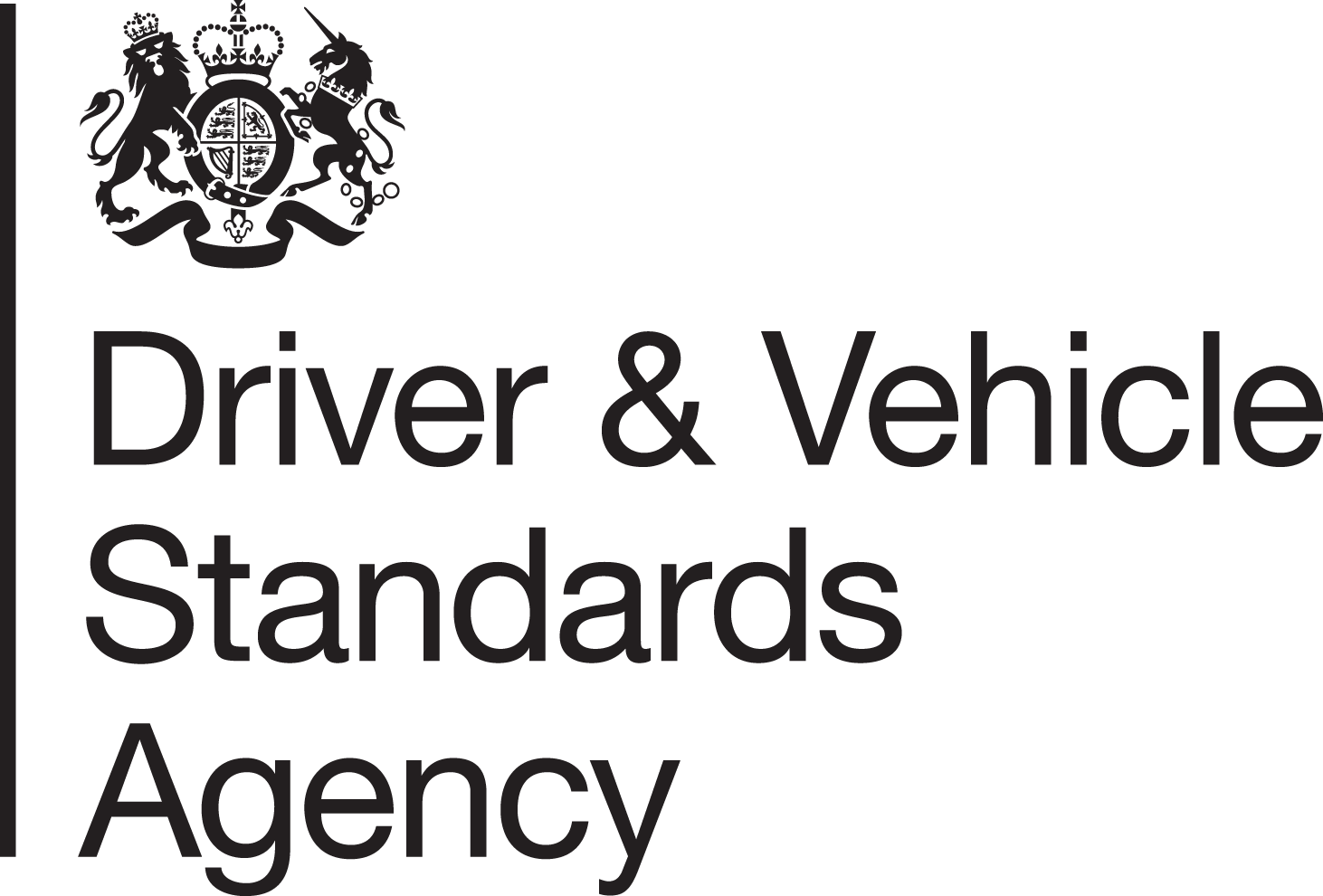Description
1. Enhance Understanding of Emergency Procedures: Equip participants with a comprehensive understanding of how to respond effectively to various emergency situations, including traffic accidents, breakdowns, and fire emergencies.
2. Promote Awareness of Legal and Reporting Obligations: Ensure participants are familiar with relevant legislation, such as RIDDOR, and the importance of accurate incident reporting.
3. Develop Practical Response Skills: Provide training on first aid, the use of fire extinguishers, and other essential emergency management techniques to ensure safety and mitigate risks.
4. Foster Preventive Measures and Safety Practices: Educate participants on strategies to prevent accidents and breakdowns, including proactive vehicle maintenance and adherence to safety protocols.
5. Improve Incident Communication and Coordination: Teach effective communication strategies with emergency services, employers, and passengers during incidents.
6. Increase Preparedness for Environmental and Security Incidents: Train participants on handling oil spills, chemical spills, and security threats like theft and aggression.
Subject Areas
- Health, Safety & Emergencies
- First Aid
